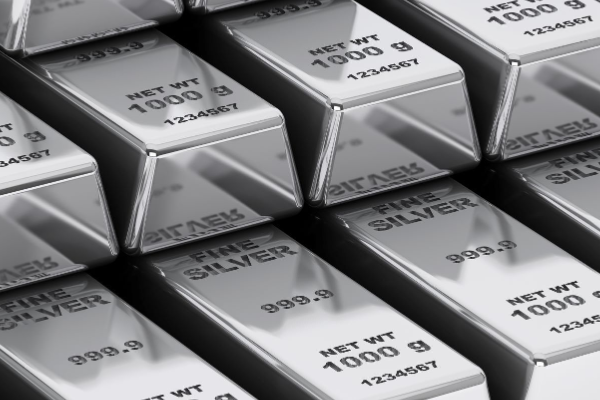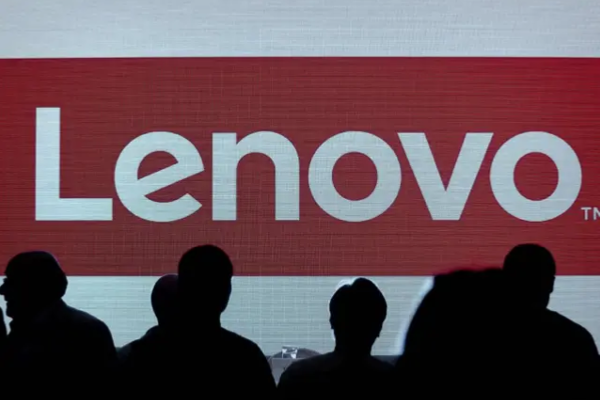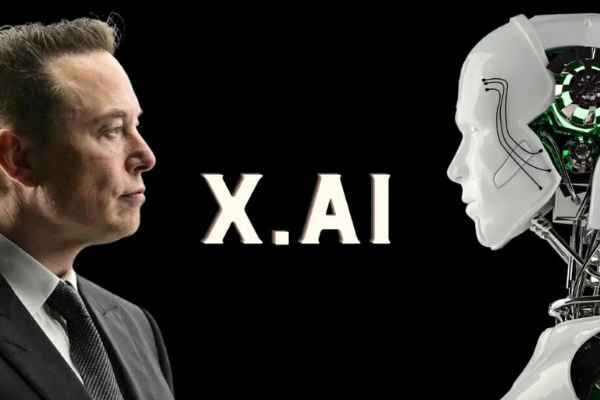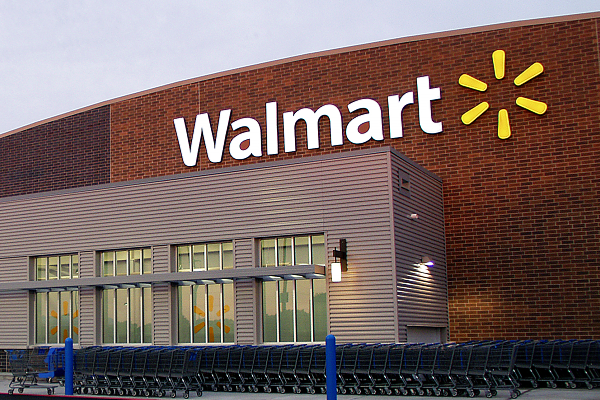Bitcoin: From speculative bubble to global financial cornerstone
From being questioned to being recognized, Bitcoin will gradually become a strategic reserve asset for various countries with its unique advantages.
For many years, Bitcoin's critics have regarded it as a speculative bubble, an asset without intrinsic value, or something that the government will eventually crush. However, reality is proving that this is not the case. The world no longer asks whether Bitcoin will become a strategic reserve asset - the question now is when full adoption will happen.
1. The United States has joined the game
The most important development occurred on March 6, 2025, when President Donald Trump signed an executive order establishing the US Strategic Bitcoin Reserve (SBR) and a broader digital asset reserve. This is not a symbolic gesture, but a direct policy shift to accumulate and hold Bitcoin at the federal level. The order also suspended the auction of confiscated Bitcoin, indicating that the US government now regards Bitcoin as a long-term strategic asset rather than an object of short-term cash.
Why this move is important:
1. National security and financial sovereignty
In an era of geopolitical uncertainty and global de-dollarization, Bitcoin, as an independent, uncensorable reserve asset, cannot be controlled by a single country.
2. Inflation Hedge
With growing debt and concerns about the long-term stability of the dollar, Bitcoin, like gold, offers an alternative means of storing value.
3. Economic Dominance
Trump has repeatedly stated that he wants the United States to become the "world's Bitcoin superpower." This marks a new era in which Bitcoin is no longer seen as a threat, but an opportunity.
Key figures driving the Bitcoin agenda:
1. Treasury Secretary Scott Bessant
He hinted at acquiring Bitcoin through creative ways that would not affect taxpayers, such as revaluing gold reserves and even issuing Bitcoin-denominated debt.
2. Commerce Secretary Howard Lutnick
He publicly supports Bitcoin, predicting that its price will rise sharply due to its scarcity and global demand.
3. Senator Cynthia Loomis
She proposed the Bitcoin Act, which aims for the Treasury to acquire 1 million Bitcoins within five years to ensure that the United States maintains its dominance in global Bitcoin holdings.
Even Democratic Rep. Ro Khanna, known for his pragmatic stance on technical issues, supports holding confiscated Bitcoin rather than selling it, indicating that Bitcoin's potential as a reserve asset has gained bipartisan recognition.
2. State-level Bitcoin reserves are coming
While the federal government's move is historic, U.S. states are moving faster. As of early 2025, at least 12 states have passed or proposed strategic Bitcoin reserve bills, and 18 states are reportedly exploring similar policies.
Which states are at the forefront?
Texas
As a major Bitcoin mining town, Texas proposes that miners pay taxes in Bitcoin, and these taxes will be used to establish state reserves.
Wyoming
Wyoming, a long-time supporter of cryptocurrency, is pushing for Bitcoin to be held as a fiscal asset, viewing it as "digital gold."
Ohio, Florida, Arizona, and New Hampshire
These states have been pushing for Bitcoin-friendly regulations and are now seeking to formally include Bitcoin in their financial reserves.
Even Massachusetts
Traditionally seen as a state with stricter regulation, Massachusetts' involvement shows that Bitcoin adoption is transcending party lines.
3. Why states are turning to Bitcoin for reserves
Hedge against inflation
Bitcoin’s fixed supply of 21 million makes it an attractive store of value.
Financial independence
States that accumulate Bitcoin will have an asset that is not tied to federal monetary policy or fiat currencies that are susceptible to inflation.
Competitive advantage
States that accept Bitcoin early will attract more businesses, investors, and mining infrastructure.
4. The global race for Bitcoin reserves has begun
While the United States is only now actively moving forward, other countries have been quietly accumulating Bitcoin for years.
El Salvador
The first country to adopt Bitcoin as legal tender, El Salvador has been steadily buying Bitcoin and even using volcanic energy to mine it.
Bhutan
This small but strategically important country has been secretly mining Bitcoin using hydropower, accumulating Bitcoin without attracting much attention.
Russia
While publicly taking restrictive measures against Bitcoin, there are reports that Bitcoin reserves have been held through government-controlled mining operations or as part of a financial strategy.
Make no mistake: Bitcoin is no longer a fringe asset—it is becoming a core part of the global reserve strategy.
5. Why Bitcoin? Unique properties that make it a reserve asset
The rise of Bitcoin as a global reserve asset is not just speculation, but the result of its fundamental properties:
Immutability and censorship resistance
Bitcoin is decentralized, and no government or central bank can manipulate its supply. Transactions cannot be reversed or censored, ensuring true financial sovereignty.
Scarcity (hard currency)
Unlike fiat currencies, which can be printed infinitely, Bitcoin’s supply is fixed at 21 million coins - making it the first truly scarce digital asset.
Global borderless asset
Bitcoin operates outside the traditional banking system and can be transferred instantly anywhere, anytime - whether it is 1 satoshi (0.00000001 BTC) or billions of dollars.
No central issuance or control
Unlike gold (which can be confiscated) or fiat currencies (controlled by central banks), Bitcoin has no issuer. It exists purely on a decentralized network.
Transparency and security
Bitcoin runs on a public ledger (blockchain) and anyone can verify transactions, making it the most transparent and auditable monetary system in history.
6. The turning point has arrived
Bitcoin is no longer a speculative bet - it is becoming a strategic asset at the highest levels of government and finance. If you don't see the writing on the wall, you're either not paying attention or in denial.
The United States is accumulating Bitcoin at both the federal and state levels.
Countries such as El Salvador and Bhutan have begun acquiring Bitcoin through purchases and mining.
Bitcoin's properties make it the perfect reserve asset for times of depreciating fiat currencies and geopolitical uncertainty.
It's not a question of if Bitcoin will become the dominant financial asset of the future, but only a question of when. The institutions, governments, and states that act first will benefit the most, while those who hesitate will be left behind.
The choice is simple: adapt, or be eliminated.









